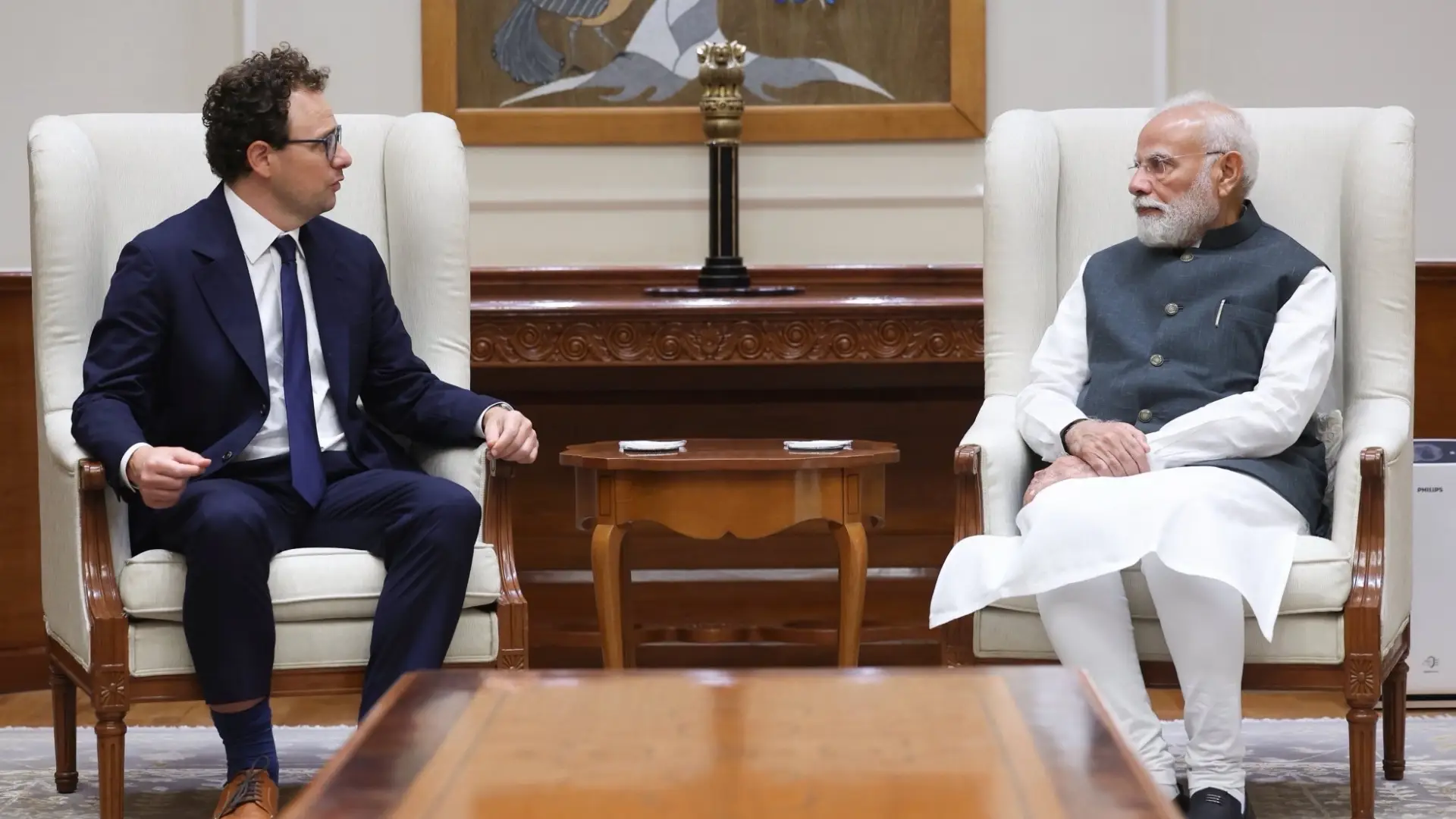The Trade and Economic Partnership Agreement (TEPA) between India and the European Free Trade Association (EFTA) comprising Switzerland, Iceland, Norway, and Liechtenstein officially came into force in 2025, marking a transformative step in India’s trade diplomacy. The agreement, first signed in 2024, represents one of India’s most comprehensive economic partnerships with a developed bloc, aiming to deepen cooperation across trade, investment, innovation, and sustainable development.
Under the terms of the agreement, EFTA countries have pledged an investment of USD 100 billion in India over the next 15 years, which is expected to generate over one million direct jobs. These investments will target high-potential sectors including manufacturing, renewable energy, pharmaceuticals, precision engineering, and digital infrastructure areas that align with India’s broader goals under the “Viksit Bharat 2047” vision. In return, EFTA countries will gain greater access to India’s vast and rapidly expanding market, opening opportunities for high-value trade partnerships.
The TEPA also promises significant benefits for India’s exports, offering preferential market access for products such as pharmaceuticals, gems and jewellery, textiles, and engineering goods. For EFTA nations, the agreement facilitates tariff reductions and trade ease in industrial goods and services. In addition, the services sector is expected to see strong growth, with provisions that enhance professional mobility and cooperation in areas like information technology, finance, education, and healthcare.
A notable feature of the agreement is its focus on intellectual property protection and sustainability. While ensuring the rights of innovators, the TEPA safeguards India’s capacity to maintain affordable access to medicines a critical aspect of public health. The inclusion of a sustainability and development chapter underscores both parties’ commitment to green technology adoption, climate resilience, and responsible business practices, making it one of the most forward-looking trade pacts India has signed in recent years.
Commerce and Industry Minister Piyush Goyal hailed the TEPA as a “historic partnership” that combines market access with long-term investment commitments. He emphasized that the deal sets a “new global benchmark” for trade negotiations, as it balances development priorities with economic expansion. For India, this partnership is more than just a trade deal; it is a strategic alignment with advanced economies that strengthens its integration into European and global value chains.
The economic impact of TEPA is projected to be substantial. Bilateral trade between India and EFTA, currently valued at around USD 25 billion, is expected to double to USD 50 billion within a decade. The infusion of foreign capital and technology is set to empower Indian small and medium enterprises (SMEs), enhance export competitiveness, and foster innovation-led growth. EFTA members, in turn, recognize India’s large consumer base, young talent pool, and expanding manufacturing ecosystem as key factors driving this partnership.
Ultimately, the India–EFTA TEPA symbolizes a forward-looking alliance rooted in shared prosperity, sustainability, and innovation. It reflects India’s growing confidence as a global economic leader, ready to forge partnerships that balance national interests with global opportunity. As the agreement unfolds, it is poised to reshape India’s trade landscape, strengthen its European ties, and serve as a model for future international economic cooperation.
Also Read: The IndiaAI Mission Explained: How India Is Building an Inclusive AI Future









